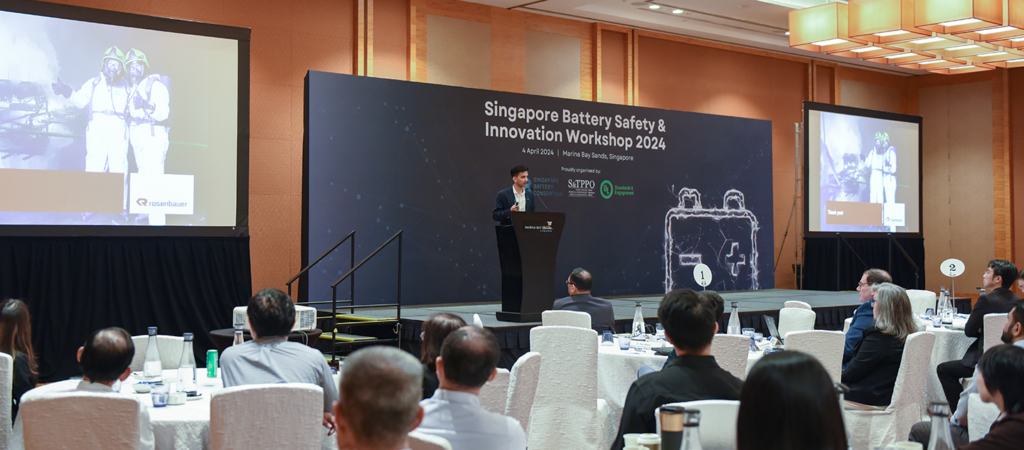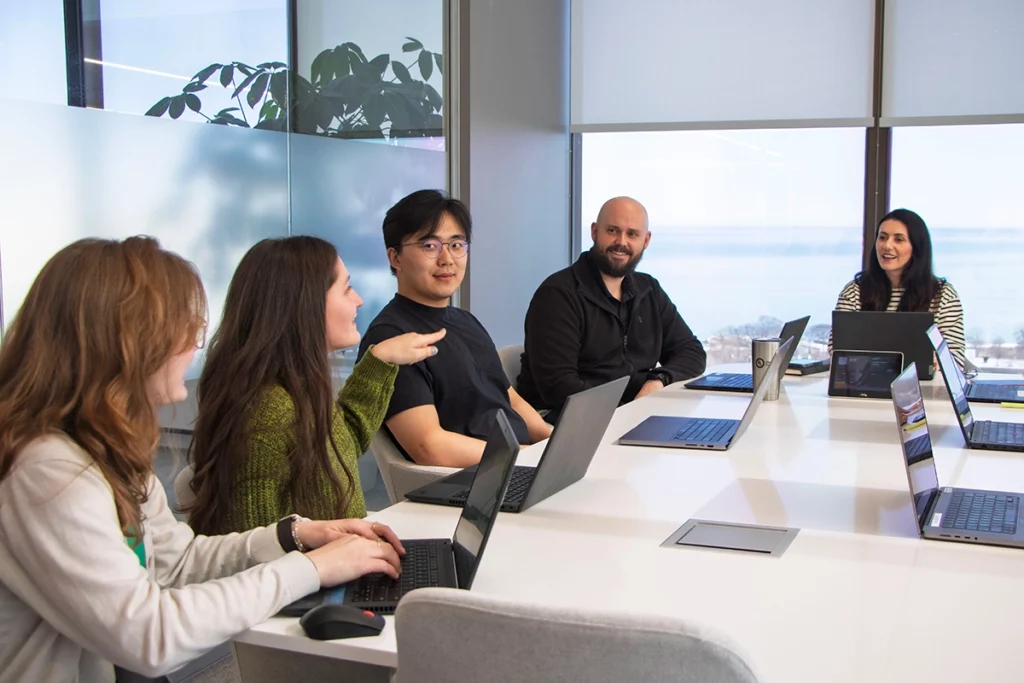
Our Work in ASEAN, Japan, Korea, Australasia
Safety should not be limited by borders. We collaborate with standards organizations and partners across the globe to advance safety, security, and sustainability. Explore our work in this region.
What’s New
Safety Science in Action
Safety standards outline the process for a product or service to be tested and evaluated to promote greater safety and sustainability
Global safety policies and partnerships promote safety and engage stakeholders across geographies to help more people avoid harm.
Making Holiday Traditions Safer with Standards
A recent collaboration between UL Standards & Engagement and the Philippines’ Department of Trade and Industry is supporting safer holidays by establishing new standards for festive lighting, including the iconic Filipino ‘parol’ lantern. Find out how this partnership is protecting families from fire hazards and helping manufacturers create safer, export-ready products.

Related Resources
We are committed to improving safety — and it starts with education. Read how we’re working to advance safety in the ASEAN region and beyond.
-

Adhering to the WTO Technical Barriers to Trade Principles
The World Trade Organization (WTO) is an international, intergovernmental, treaty-based organization that has the responsibility of overseeing the rules that…
Memoranda of Understanding in ASEAN
We collaborate with national, regional, and international standards development organizations, industry representatives, academia, and other stakeholders from across the globe to develop and harmonize standards for safety, security, and sustainability.
We sign memoranda of understanding to formalize partnerships and outline how we will share knowledge and support one another’s work. Each partnership is structured to promote communication, foster ongoing collaboration, and facilitate the participation of stakeholders while developing and harmonizing safety standards.

Work With Us
Thorough, comprehensive standards are made possible by diverse voices and deep collaboration. Take part in the process by reviewing options for participation to inform the next generation of standards.

Technical Committees
Each TC is a diverse group of experts representing a broad range of perspectives and interests, including consumers, manufacturers, regulators, supply chain professionals, and more.
As a TC member, you will review proposals for new or revised standards and work collaboratively to achieve consensus through balloting in our transparent process.

Stakeholders
Stakeholders can submit, review, and comment on proposals for new standards or revisions to existing standards. While these individuals cannot vote, the TC considers their input during the standards voting process. Since standards affect everyone, all are welcome to participate as stakeholders. Register online through our Collaborative Standards Development System, CSDS.
